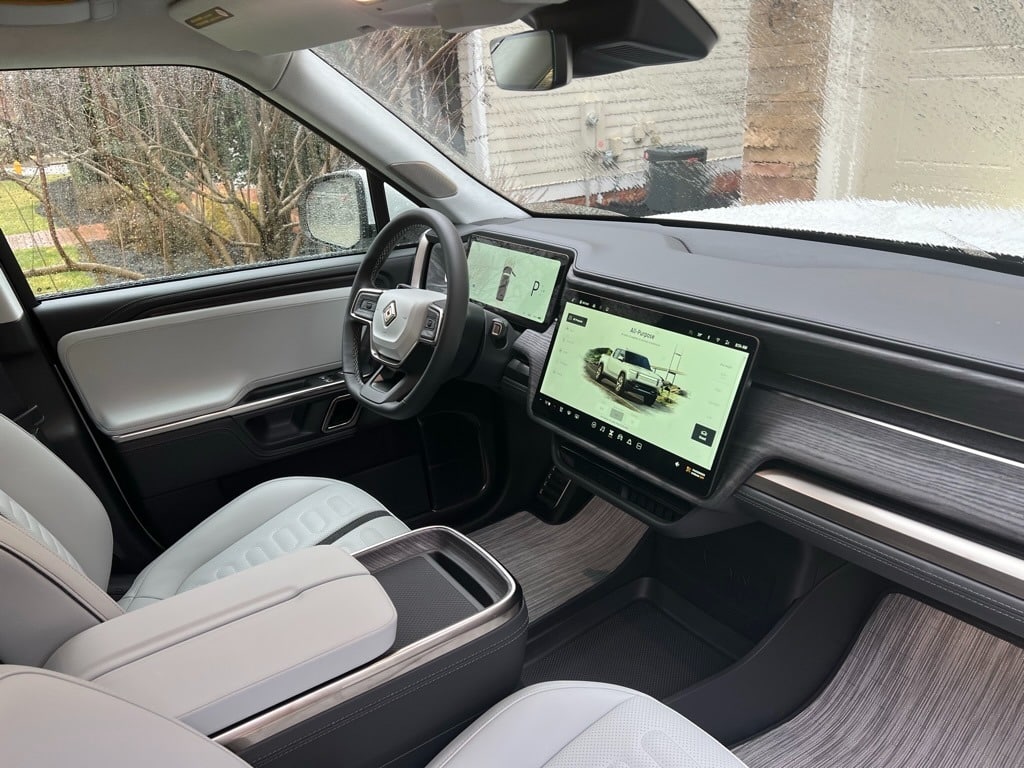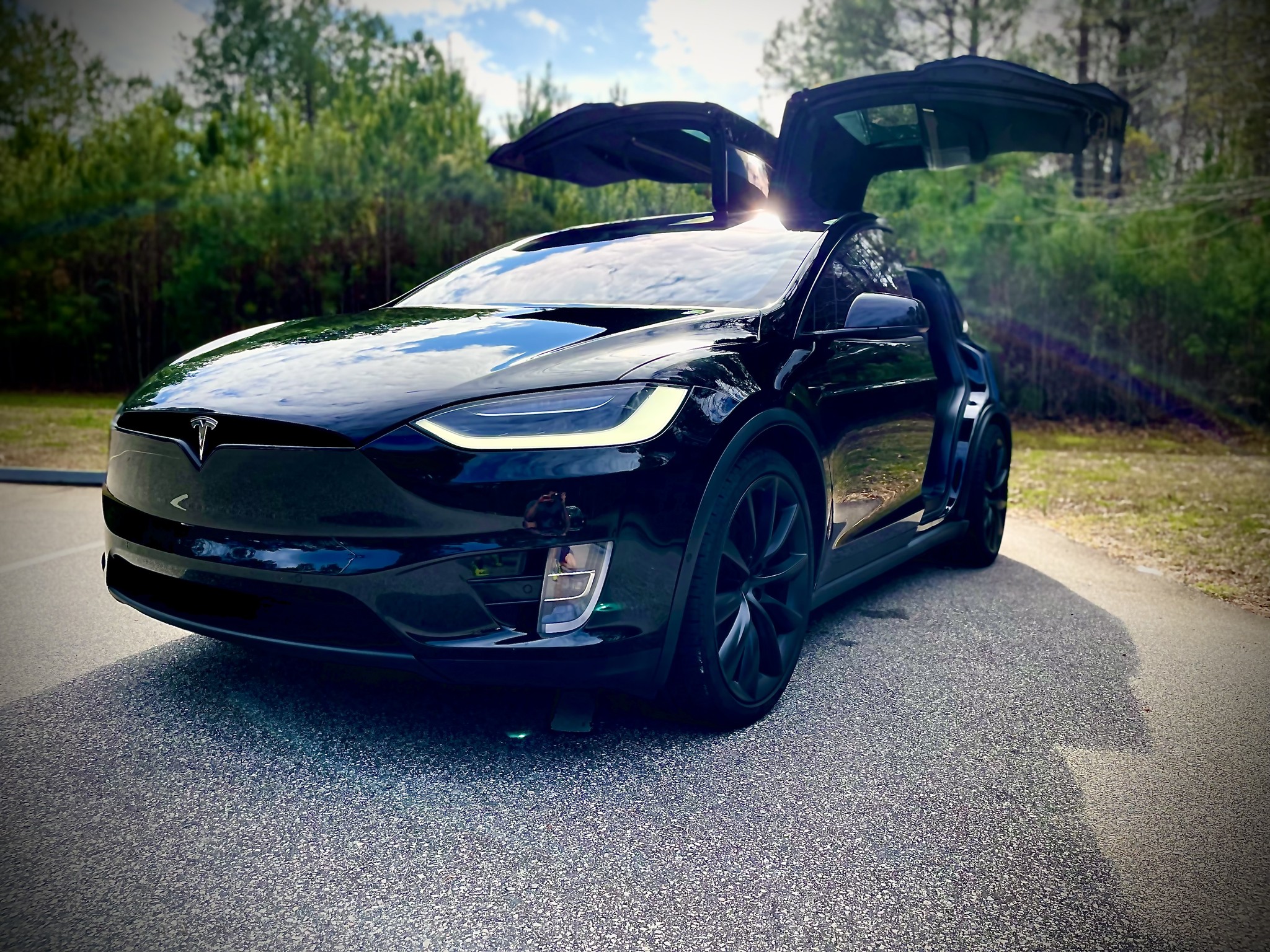Navigating the world of electric car warranties can feel like a daunting task, but it’s a crucial step in your journey towards owning an electric vehicle (EV). Understanding the warranty information of an electric car can greatly help you in making an informed decision, ensuring that you pick the right EV that suits your needs and budget. Let’s dive into the nitty-gritty of electric car warranties to help you stay ahead of the curve!
Bumper-to-Bumper Electric Car Warranty
A bumper-to-bumper warranty, also known as a basic or comprehensive warranty, covers almost every part of your electric car from the front bumper to the back. This includes electrical systems, air conditioning, the audio system, vehicle sensors, and more. However, it’s important to remember that “wear items” such as brake pads, tires, and windshield wipers are usually not covered.
Electric Car Powertrain Warranty
Unlike the bumper-to-bumper warranty, a powertrain warranty covers the components that propel the car. This includes the electric motor, inverter, and other essential components that keep your electric vehicle moving. It’s usually longer in duration than the comprehensive warranty because these parts are designed to last longer and are crucial to the vehicle’s operation.

Corrosion Coverage
Corrosion coverage is another crucial part of an electric car warranty. This covers the cost of repairing or replacing any body parts of the car that have rusted or corroded through. It’s important to note that surface rust is usually not covered, as this type of warranty typically applies to perforations – holes that have rusted through the metal. Corrosion coverage can be a lifesaver, especially if you live in a region with harsh winters where roads are often salted.
[cta_blog_section title=’Find your EV here.’ cta_url=’https://www.evuniverse.com/best-selling-electric-cars’ cta_button=’VIEW LISTINGS’]
Roadside Assistance
Many electric car warranties also come with roadside assistance. This service can be a real boon when you find yourself stranded due to a flat tire, a drained battery, or other unforeseen issues. Roadside assistance often includes services such as towing to the nearest charging station or authorized dealer, flat tire changes, and even lock-out assistance. This added layer of security can provide significant peace of mind as you navigate the roads in your new electric vehicle. If you don’t get roadside assistance with your vehicle purchase, check with your insurance company. Many insurance companies offer roadside assistance as well.
Electric Car Battery Warranty
One of the key concerns for any potential EV buyer is the battery. Federal law requires vehicle manufacturers to offer a battery warranty for a minimum of 8 years and 100,000 miles. Some states such as California require even more coverage, such as 10 years and 150,000 miles. Manufacturers can offer a longer warranty and allow for more miles, and many do. This warranty generally protects against excessive battery capacity loss. Each manufacturer sets their own standards, so it’s important to read the fine print to understand what “excessive” means. For a comprehensive understanding of electric vehicle batteries, their maintenance, and how to maximize their lifespan, visit our article on Everything You Need to Know About Batteries for EVs.
Electric Car Warranty Length
Warranty lengths can vary greatly depending on the manufacturer. Some offer 3 years or 36,000 miles for the bumper-to-bumper warranty and a minimum of 8 years or 100,000 miles for the powertrain and battery warranties, many go longer. Always ensure you understand the length of your electric car’s warranty before purchase.
Electric Car Warranty Coverage
Warranty coverage refers to what is specifically included in the warranty. While some warranties are comprehensive, covering most parts and systems of the car, others might focus on specific components like the powertrain (which includes the electric motor) or the high-voltage battery. Furthermore, some warranties might include additional perks such as roadside assistance or trip interruption benefits, which can offer added value and convenience in unexpected situations. Make sure to understand exactly what your warranty covers.
Warranty Exclusions
Just as important as what the warranty covers is what it excludes. Common exclusions might include damage from accidents, misuse, modifications, or regular wear and tear. For instance, items subject to wear and tear like tires, brake pads, and wiper blades are generally not covered. Similarly, damage resulting from improper charging practices or using non-approved charging equipment may also be excluded. Regular maintenance, such as software updates and battery conditioning, is also usually not covered under the warranty. Understanding these exclusions can help avoid unwanted surprises down the line.
[cta_blog_section title=’Find the best parts for your EV here.’ cta_url=’https://www.evuniverse.com/shop-ev-parts’ cta_button=’SHOP PARTS’]
How to File a Warranty Claim
Filing a warranty claim usually involves contacting your dealer or the car manufacturer. You’ll likely need to provide details about the issue and may need to have the car inspected. Remember, regular maintenance from an authorized dealer can help ensure your warranty claim is accepted. Due to the time and mile limitations don’t delay if you think you have a warranty claim. It’s no fun paying out of pocket for something that could have been covered by the warranty if reported earlier.

Electric Car Warranty Coverage: Examples from Popular Manufacturers
To provide a clearer picture of electric car warranty coverage, let’s examine some of the most popular manufacturers in the EV market. Remember, this list isn’t exhaustive, but it covers some of the big players. Additionally, warranty details can differ by model and production year within each manufacturer, and there may be other types of warranties available that we haven’t highlighted in this comparison. Use this information as a starting point, but always check the specific warranty terms for the exact model and year of the car you’re considering.
| Make | Basic Coverage | Battery Coverage |
|---|---|---|
| Tesla | 4 years/50,000 miles | 8 years/100,000 miles (minimum) |
| Kia | 5 years/60,000 miles | 10 years/100,000 miles |
| BMW | 4 years/50,000 miles | 8 years/100,000 miles |
| Mercedes | 4 years/50,000 miles | 10 years/150,000 miles |
| Hyundai | 5 years/60,000 miles | 10 years/100,000 miles |
| Chevrolet | 3 years/36,000 miles | 8 years/100,000 miles |
| Ford | 3 years/36,000 miles | 8 years/100,000 miles |
| Rivian | 5 years/60,000 miles | 8 years/175,000 miles |
Wrapping Up: Making the Most of Your Electric Car Warranty
In conclusion, understanding electric car warranties is not just a tiny detail—it’s a crucial part of your electric car ownership journey. With a good grasp of the warranty terms, you can ensure that you’re covered for the unexpected, which allows you to truly appreciate the benefits of driving an electric vehicle. Remember, every manufacturer has its own set of warranty terms, so always make sure to review these details carefully. In the end, your investment in knowledge could save you a lot of potential headaches down the road. So, take the time to educate yourself and enjoy the ride in your new electric vehicle. Happy driving!

